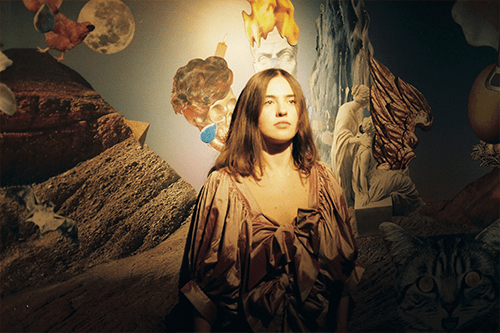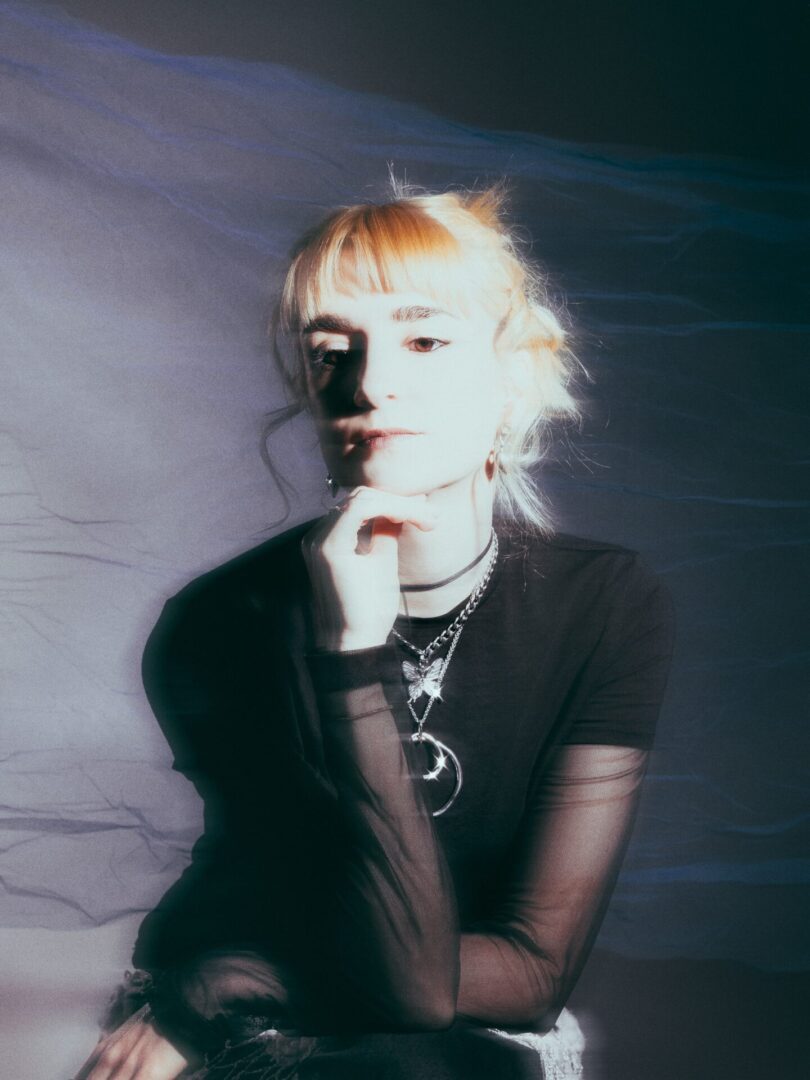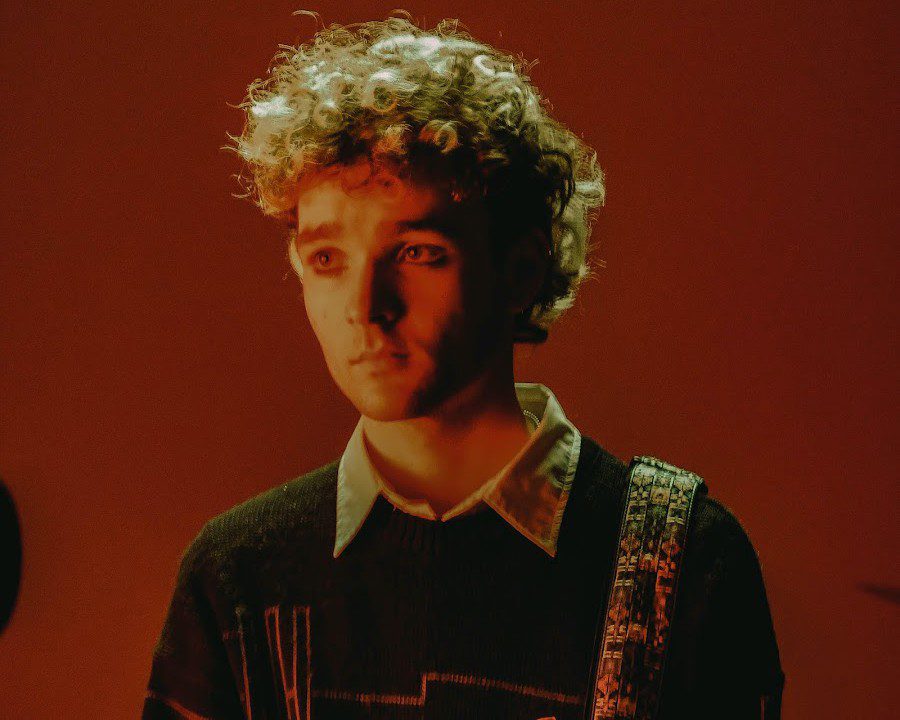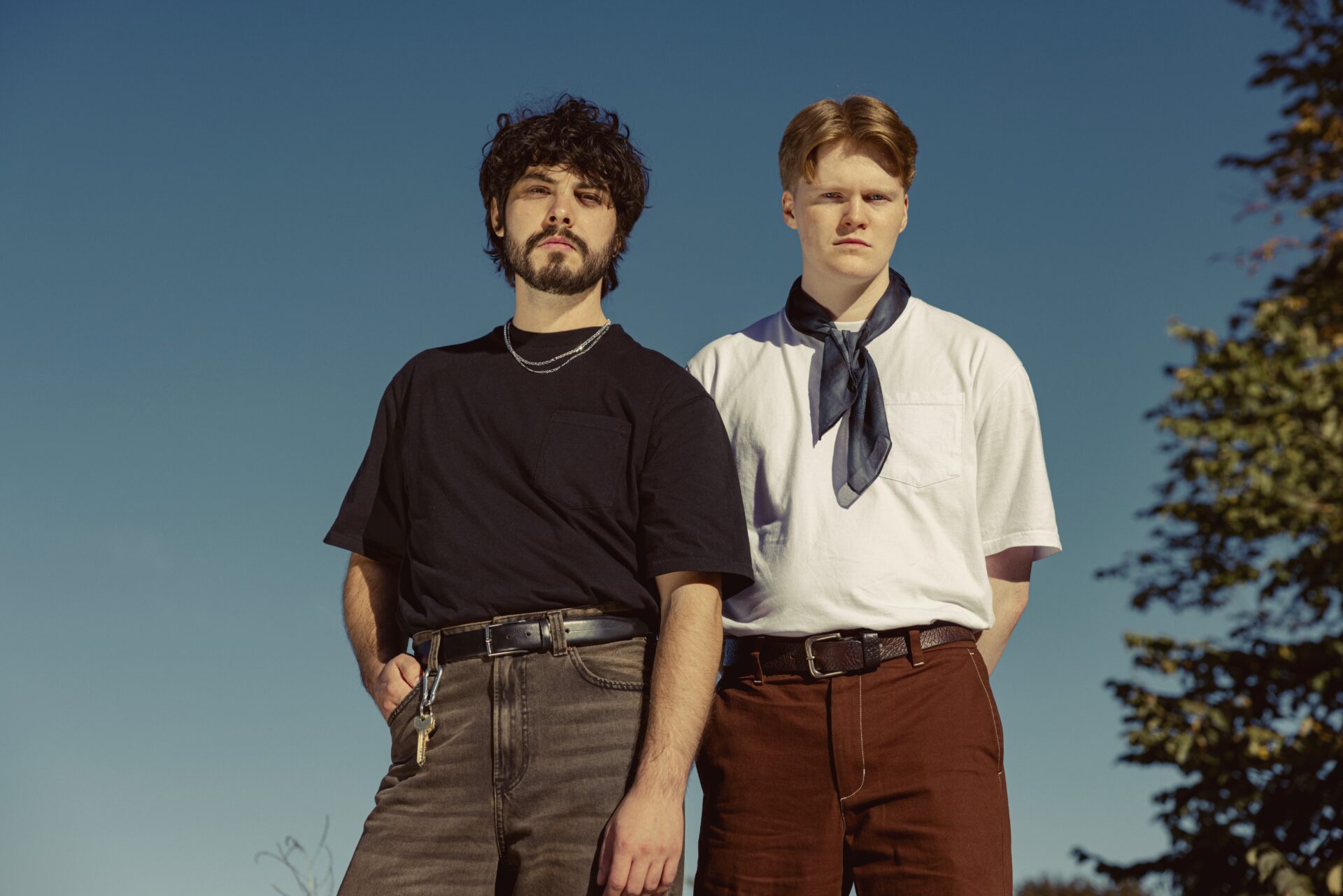About
Following a whirlwind year that’s seen his EP ‘Popstar Of Your Dreams’ earn praise from BBC Radio 1 (Introducing’s Track of the Week) and a coveted shout-out & playlisting from Elton John on Apple Music 1’s Rocket Hour, rising UK alt-pop provocateur Kai Bosch turns up the heat with new single “Summer Of Love”, as premiered this afternoon by Sir Elton.
“I wrote ‘Summer Of Love’ during last year’s heatwave,” Kai explains. “It was the beginning of a new relationship for me and suddenly everything felt like it had so much meaning and purpose. We spent the summer swimming in the lake district, cat-sitting in Amsterdam, drinking bottles of wine on my roof – it truly felt like I was back in my body and I wanted to make a song that would encapsulate that summer forever.”
Blending euphoric synth swells, shimmering guitar lines, and Kai’s unmistakable croon, “Summer Of Love” captures the rush of falling head-over-heels when every moment feels cinematic. It’s the latest in a run of maximalist pop gems that have cemented Kai’s growing reputation as “one of the UK’s most thrilling new pop voices” (BBC Introducing).
Kai Bosch is fast becoming one of the most exciting and emotionally resonant voices in UK pop. His recent EP ‘Popstar Of Your Dreams’ marked a glittering reinvention that didn’t go unnoticed. The title-track was spun by none other than Elton John on his iconic Rocket Hour show on Apple Music 1, cementing Kai’s arrival on a global scale. The release also saw him named Track of the Week on BBC Music Introducing South West, with support pouring in from BBC Radio 1 (Future Pop) and BBC 6 Music, highlighting the growing appetite for Kai’s mix of sincerity, storytelling, and bold pop escapism.
Streaming numbers have surged in recent months, with standout single ‘Angel’ racking up over 500,000 streams on Spotify and his monthly listeners increasing by 500%, not to mention playlist covers for New Pop UK, Fresh Finds and Peach on this recent EP.
Kai’s live shows are following suit, his sold-out headline at Paper Dress Vintage and recent London support slot for Charlotte OC were a euphoric celebration of his new era, and not to mention upcoming tour dates with Moncrieff (TBC) are primed to introduce his high-energy, emotionally-charged set to even wider audiences.
With festival appearances at The Great Escape, Latitude, Boardmasters and more already under his belt, Kai Bosch is one to catch now, before the rooms get any bigger.





